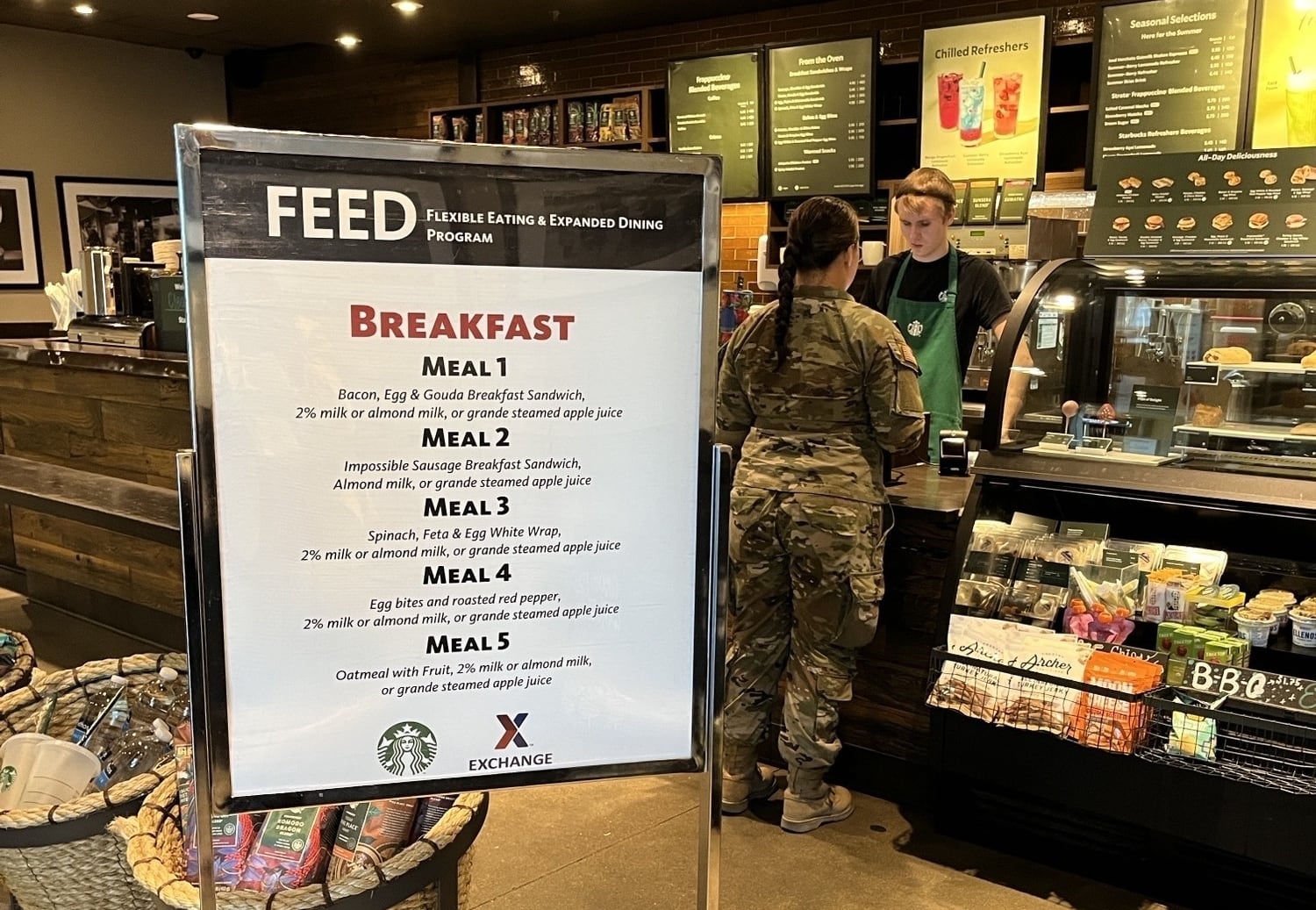What most know about golfer Arnold Palmer, who is known in his sport as "The King," is his incredible legacy in golf.
What most don't know is that much of who Palmer became in that legendary career on the links and who he was as a man, he credited to a three-year stint in the U.S. Coast Guard at a tough time in his life.
Palmer, 87, died Sept. 25, at UPMC Presbyterian Hospital in Pittsburgh, where he had been since Thursday.
"It is with great sadness that we confirm that Arnold Palmer has passed away Sunday evening," said a tribute posted to Palmer on the website of his business, Arnold Palmer Enterprises. "He had been in a Pittsburgh hospital awaiting cardiac surgery when his condition degraded."
Palmer won more than 90 golf tournaments. That tally includes winning the Masters four times — every other year between 1958 and 1964. He also won the U.S. Open in 1960, and the British Open in 1961 and 1962.
Born Sept. 10, 1929 in Latrobe, Pennsylvania, Palmer started playing golf at age four, learning from his father.
He was awarded a golf scholarship to attend Wake Forest College where he spent three years and was on the rise in golf's amateur ranks when the death of his close friend and roommate Bud Worsham caused him to question his direction in life.
"I was at Wake Forest for three and a half years and my roommate got killed in an automobile accident," Palmer recalled in a 2012 interview with U.S. Coast Guard Auxiliary historian Richard A. Stephenson.
"I was pretty distraught over that and decided that I needed to get away — I joined the Coast Guard."
He withdrew from Wake Forest and attended boot camp in Cape May, New Jersey in 1950. Palmer initially stayed on at the training center as physical fitness and self-defense instructor.
In 1951, he transferred to Cleveland, Ohio, and eventually became the yeoman for the commander of the 9th Coast Guard District, Rear Adm. Roy L. Raney.
His official biography at arnoldpalmer.com credits his Coast Guard service in Cleveland with saving his future golf career and "rekindling" his interest in the sport.
Much of that, Palmer said in the interview, was due to Raney. Palmer taught the admiral golf, and so Raney encouraged and officially allowed the budding golf star to continue to play the sport and compete in tournaments on the weekends.
Still, Raney had other ideas for Palmer, Palmer said in the interview. The admiral wanted Palmer to attend the U.S. Coast Guard Academy and become an officer.
"My intentions were to eventually get out and play golf and of course my boss, the admiral, had suggested I go to training at the academy," Palmer recalled in the 2012 interview. "I was flattered he wanted me to do that but at the same time that meant an additional enlistment for me and I was primarily ready to get out and get my shot at the PGA Tour."
He returned to Wake Forest a year later in 1954, the same year he became the the U.S. Amateur Champion. In 1955, he got his first PGA tour win at the Canadian Open and was on his way.
Still, Palmer credits his military service as the base he later built on for success in golf and business.
"The knowledge that I gained, the maturity that I gained in the Coast Guard was unbelievable," Palmer said in the 2012 Coast Guard interview. "It matured me — it made me a better person.
"The military isn't just restrictions and military duties. It's learning and it's very important that young people have that opportunity to learn and to know themselves a little better and I think the military helps put that in the right perspective," Palmer said.
Mark D. Faram is a former reporter for Navy Times. He was a senior writer covering personnel, cultural and historical issues. A nine-year active duty Navy veteran, Faram served from 1978 to 1987 as a Navy Diver and photographer.





